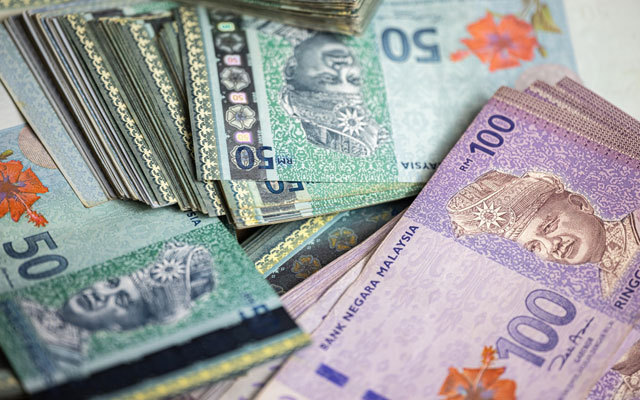
While the weak ringgit has had a positive impact on inbound business events as it makes Malaysia an attractive destination to hold events, it has diminished the buying power of local event organisers planning to take their gatherings overseas.
As a result, Malaysian event organisers have been forced to explore cost-cutting measures when holding their events overseas, or opt for closer destinations instead, revealed outbound agents.

Rosli Seth, managing director of Feel Japan with K’s Malaysia office, shared that many Malaysian business travellers are opting for budget accommodation to reduce expenses.
Although he has noticed a growing number of corporate clients travelling to Japan post-lockdown, these travellers usually head there for confirmed business deals, as opposed to exploring new business opportunities. There is also a decline in people travelling to Japan for technical and educational purposes, except in cases where the trip is sponsored.
Adam Kamal, director of Suka Travel & Tours, indicated that a number of small- and medium-sized enterprises have decided to cancel their overseas travel plans for the year. Instead, these companies have opted to issue cash travel vouchers, equivalent in value to the originally intended expenditure. This adjustment enables companies to counteract the heightened costs associated with outbound travel due to the depreciated ringgit.
Outbound incentive trips from Malaysia are also feeling the burn.
Adam said some of his corporate clients have shifted from longhaul destinations to medium-haul alternatives such as Taiwan and South Korea. Those that previously opted for medium-haul trips are now going shorthaul, with two popular destinations being Thailand and Indonesia.
For incentive trips to Japan, Rosli shared that organisers are increasingly favouring single destinations rather than combining two or more cities in one trip. Some organisers have also shortened the duration of stay and reduced the number of escorted tours, giving delegates more time to explore the destination independently and at their own expense.
Kingston Khoo, head of marketing and e-commerce at Tradewinds Corporation, observed that several international companies based in Kuala Lumpur have opted to host their meetings and company trips at resorts in Malaysia, as opposed to flying overseas.
He shared that Tradewinds – which manages four properties in locations like Langkawi and Taman Negara National Park – has benefited from the steady growth in domestic business events over the past year.
Meanwhile, Adam also noticed an upsurge in interest among organisers for fly-cruise packages originating from Singapore, as well as for Resorts World Cruises’ Genting Dream homeported in Port Klang, as these offered budget-friendly all-in-one packages.
Malaysia’s currency experienced a substantial depreciation against the US dollar, declining by more than 10 per cent since the start of 2022. The ringgit has also weakened when measured year-to-date in early September against other major currencies such as the euro (seven per cent decline), pound sterling (10 per cent decline), Japanese Yen (seven per cent decline) and Singapore dollar (six per cent decline).




















